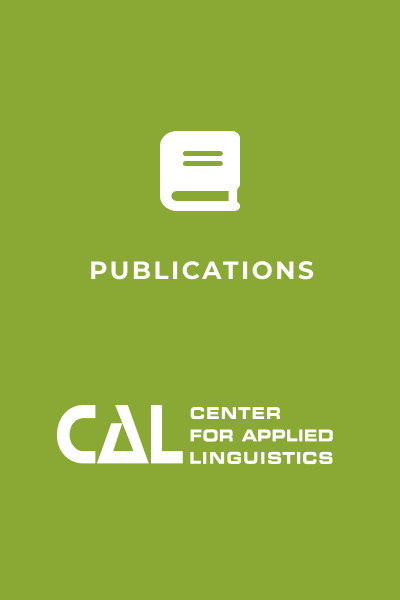Final Report from the Study Group on Language and the United Nations
Symposium – New York, 11-12 May 2017
Final report edited by João Pedro Marinotti, City University of New York
The Study Group on Language and the United Nations conducted a symposium (May 2017), which emphasized that the failure to account for language and language diversity in formulating and implementing of global policies have disproportionate effects on vulnerable populations, the primary stakeholders of the United Nations Sustainable Development Goals (UN SDGs, http://17goals.org). Three types of vulnerable populations were highlighted: (1) permanently settled refugees/migrants, (2) temporarily settled refugees/migrants; and, (3) indigenous or heritage language minorities.
Symposium presenters addressed the fact that the SDGs fall short in their lack of attention to language largely due to a more general failure to recognize the consequences, both positive and negative, of linguistic diversity among vulnerable populations. Although the rhetoric surrounding the SDGs stresses inclusiveness, multidirectional communication, and reaching the world’s least advantaged citizens, presenters emphasized that policy efforts often disregard the very essence of human communication – language – thus, easily undermining such efforts, and ultimately hindering progress toward the achievement of the SDGs.
The 2017 Symposium was convened by the Study Group on Language and the United Nations, an independent group of scholars and practitioners on matters related to the international use of language. The Symposium’s goal was to examine the implications of language for the treatment of vulnerable populations and their centrality in the development, implementation, and successful completion of the UN SDGs, established by the United Nations General Assembly as the basis for the UN’s development agenda for the period 2015-2030.
The symposium was attended by some 110 academics, diplomats, NGO representatives and UN officials, and sponsored by a number of organizations, including the Center for Applied Linguistics, the Centre for Research and Documentation on World Language Problems and its journal Language Problems and Language Planning, and the Universal Esperanto Association (an organization in consultative status with the UN Economic and Social Council and associated with the UN Department of Public Information). Financial support was provided by the Center for Applied Linguistics and the Esperantic Studies Foundation.
Read the final report from the Study Group on Language and the United Nations:


